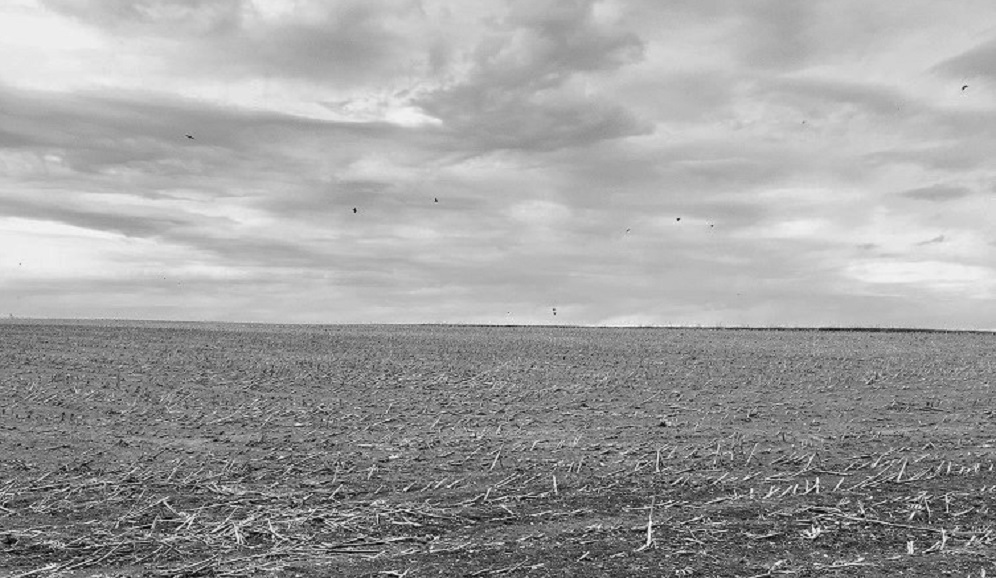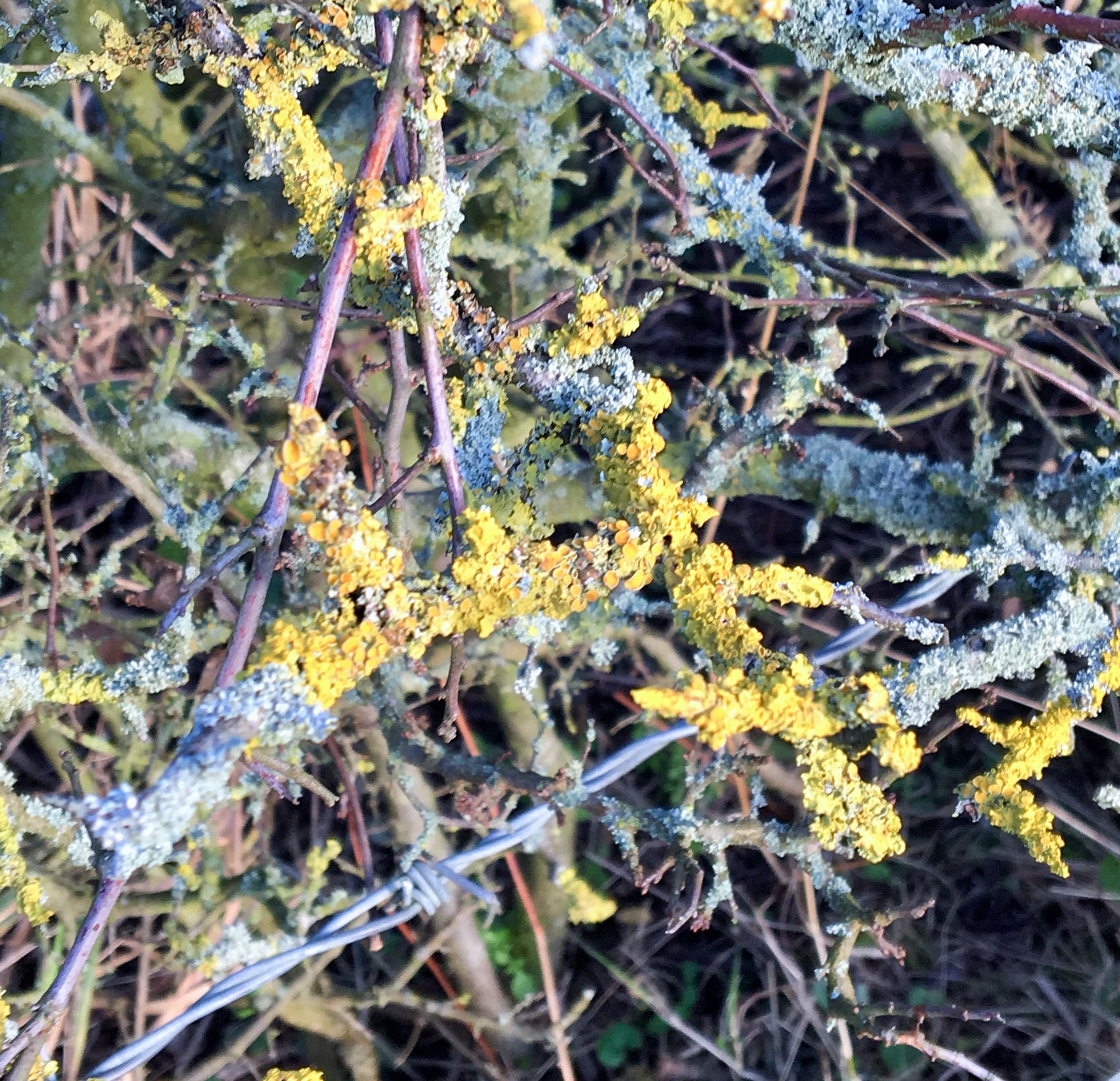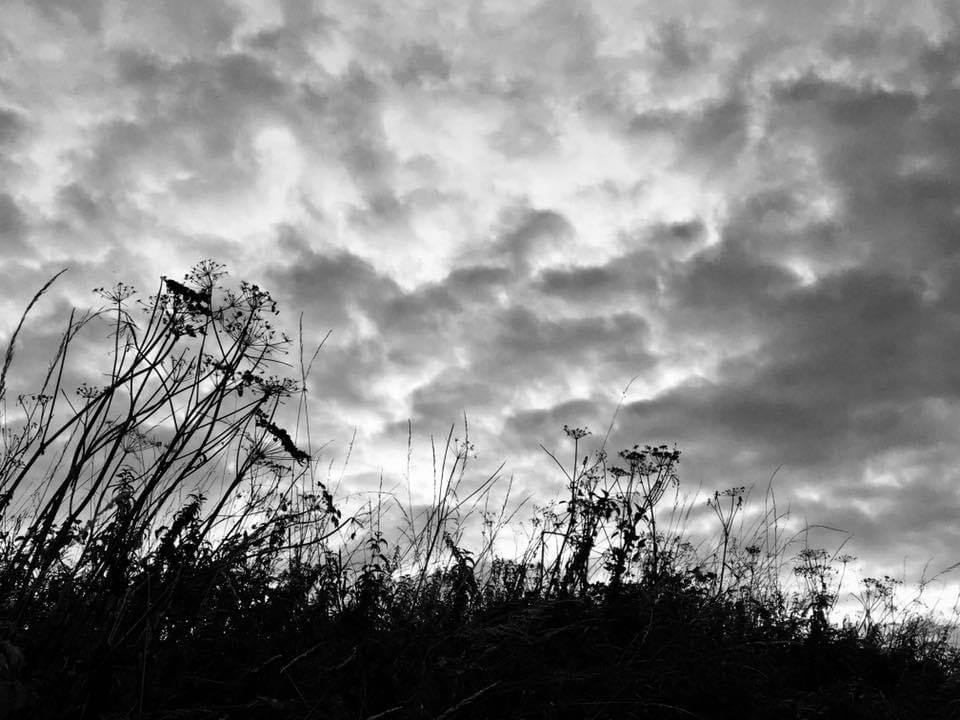"I lack the peace of simple things."
There is nothing as self-expanding as a fat sky and an uninterrupted far horizon. With minimal trees and even fewer buildings, and gentle undulations of the land, farmlands often offer such breadth.

Wendell Berry (born August 5, 1934) American poet and full-time Kentucky farmer, expands into this space and contemplates the echo. The Selected Poems of Wendell Berry is a culled collection of poems from Berry's long career and various publications, including The Broken Ground, Openings, and The Wheel.
Another example is the recently published The Seasons of the Soul, which collects and thematically combines Hermann Hesse's poetry to present the author in full.
Berry has been an active farmer in Kentucky for more than forty years. He knows all too well there are false springs, there are years of catastrophes, and there is pain in human relationships.
You have been such light to me
that other women have been
your shadows. You come near me
with the nearness of sleep.
And yet I am not quiet.
It is to be broken. It is to be
torn open. It is not to be
reached and come to rest in
ever, I turn against you,
I break from you, I turn to you.
We hurt, and are hurt,
and have each other for healing.
It is healing. It is never whole.
From "Marriage"
Berry challenges our need for completeness, perfection, and tidying up of all things. We look to shore ourselves against some impossible internal longing. Berry kindly reminds us: "Except in idea, perfection is as wild / as light; there is no hand laid on it."
"Perfectionism is the voice of the oppressor, the enemy of the people. It will keep you cramped and insane your whole life, and it is the main obstacle between you and a shitty first draft. I think perfectionism is based on the obsessive belief that if you run carefully enough, hitting each stepping-stone just right, you won't have to die. The truth is that you will die anyway and that a lot of people who aren't even looking at their feet are going to do a whole lot better than you, and have a lot more fun while they're doing it."
The inevitable cycles of death and birth are regular, reworked themes of Berry's narrative and imagery.
Horseback on Sunday morning,
harvest over, we taste persimmon
and wild grape, sharp sweet
of summer's end. In time's maze
over the fall fields, we name names
that went west from here, names
that rest on graves. We open
a persimmon seed to find the tree
that stands in promise,
pale in the seed's marrow.
Geese appear high over us,
pass, and the sky closes.
From "The Wild Geese"
 I crossed a muddy field to see what bright yellow gleamed in the sun. It was lichen, crawling and spreading color. Rising up against a pasture fence.
I crossed a muddy field to see what bright yellow gleamed in the sun. It was lichen, crawling and spreading color. Rising up against a pasture fence. On the nature of change, chance, and frailty of human invention against these forces:
There will be
a resurrection of the wild.
Already it stands in wait
at the pasture fences.
It is rising up
in the waste places of the cities
When the fools of the capitals
have devoured each other
in righteousness,
and the machines have eaten
the rest of us, then
there will be a second coming
of the trees. They will come
straggling over the fences
slowly, but soon enough.
From "The Window Poems"
An undoing of things, nature rising at the gates. Like the mid-20th century writings of biologist and writer Rachel Carson, and many others, Berry felt nature was a part of humankind: hands as roots, bodies as soil, our feet in the ground. His mournful, watchful eye notices things present and missing.
Berry is also urgent, "lacking the peace of simple things."
Berry's "To the Unseeable Animal" is a personally meaningful poem inspired by a comment his daughter made: "I hope there's an animal somewhere that nobody has ever seen. And I hope nobody ever sees it."
I have come upon pools
instreams, places overgrown
with the woods' shadow,
where I knew you had rested,
watching the little fish
hand still in the flow;
[...]
That we do not know you
is your perfection
and our hope. The darkness
keeps us near you.
From "To the Unseeable Animal"
This need to see, to witness, is also uniquely human. Consider Douglas Adams's Last Chance to See, a documentary about critically endangered animals. Something in us needs to see and know. If we do not see something, does it matter? It brings us back to Berry's observations of our desire to name, own, and master.
Against these demands stands Berry contemplating the sky-wide echo of himself.

In Rain
I go in under foliage
light with rain-light
in the hill's cleft,
and climb, my steps
silent as flight
on the wet leaves.
Where I go, stones
are wearing away under the sky's flow.
Wendell Berry's most generous gift is that he shows us how to let go, exist in hope and stillness, and long and yet remain.
Continue in the stream of American nature poetry with Whitman's nature and self-celebrating Song of Myself and Mary Oliver's last collection, Why I Wake Early, in which she writes, "Wherever I am, the world comes after me. / It offers me its busyness. It does not believe / that I do not want it."
Berry also gives us a rare thoughtfulness on death and post-death existence. Read more in Do Things Exist Where They Are Buried?


